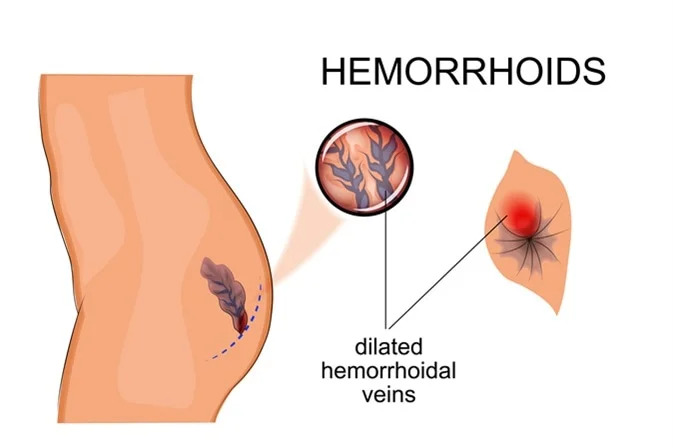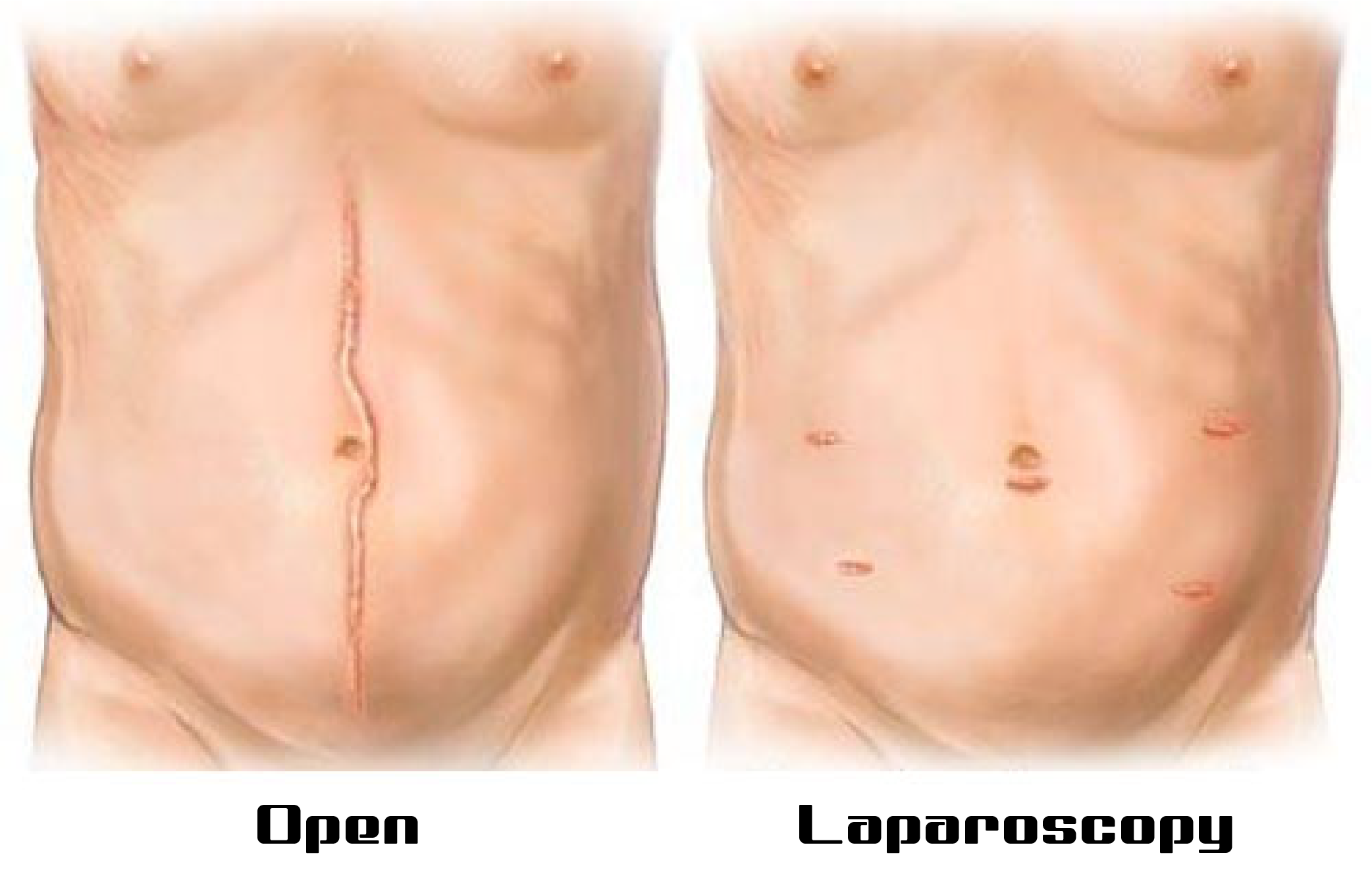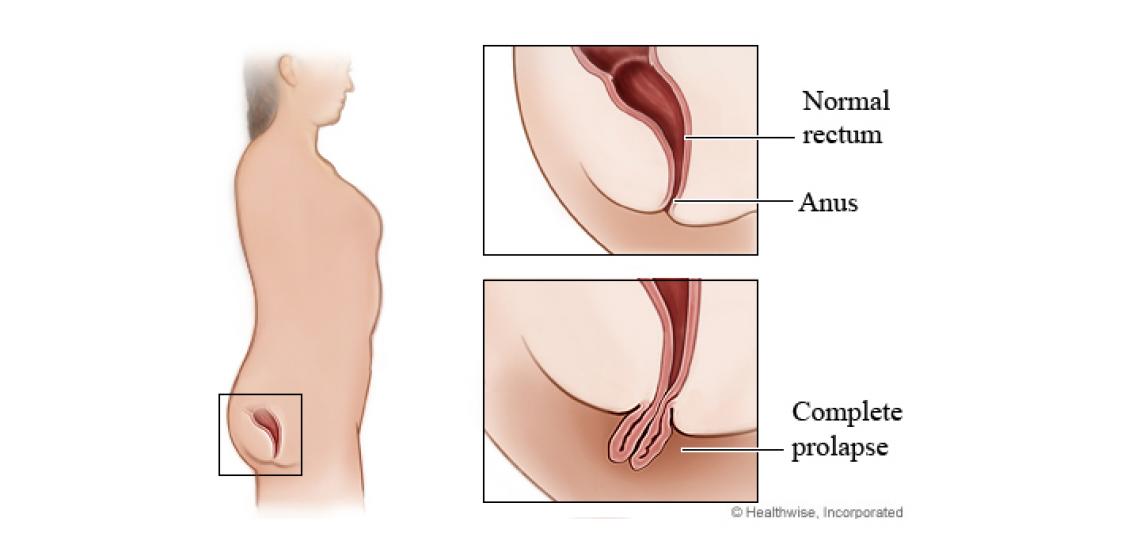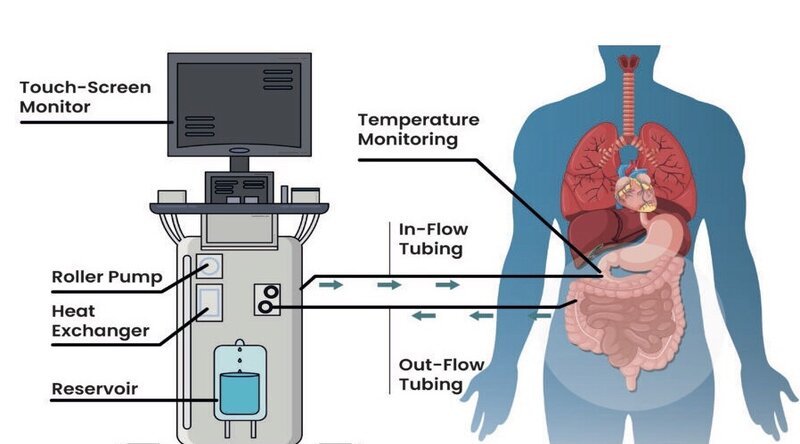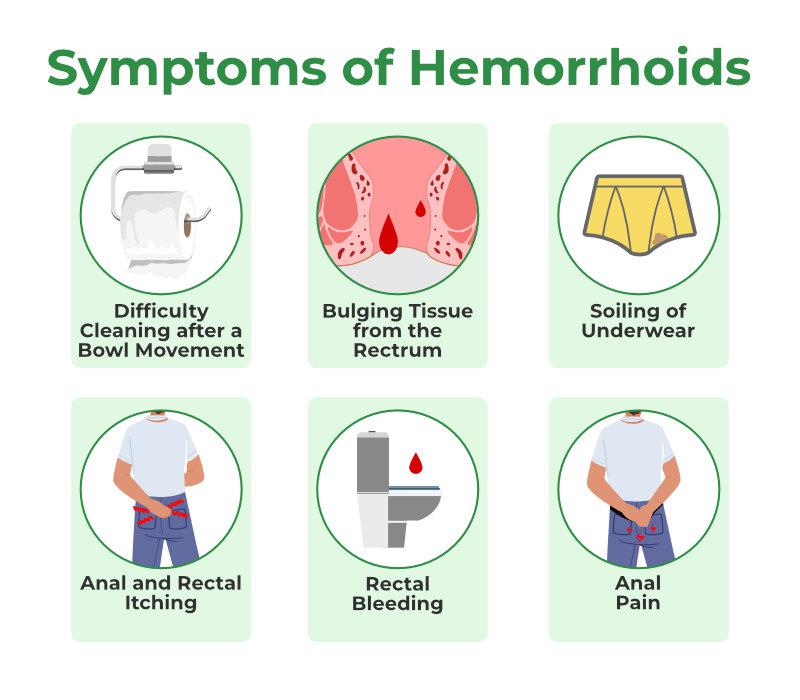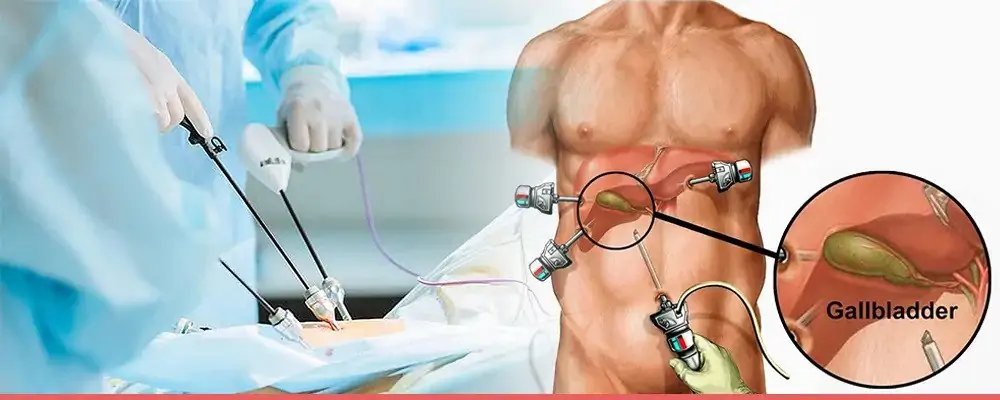A Closer Look at Gastrointestinal Care: My Interview with Dr. Chintamani Godbole at Gadre Hospital
As a medical journalist, I spend much of my time speaking with clinicians whose work rarely makes headlines but profoundly shapes patients’ quality of life. During a recent visit to Gadre Hospital in Dadar East, Mumbai, I met...
Read More
